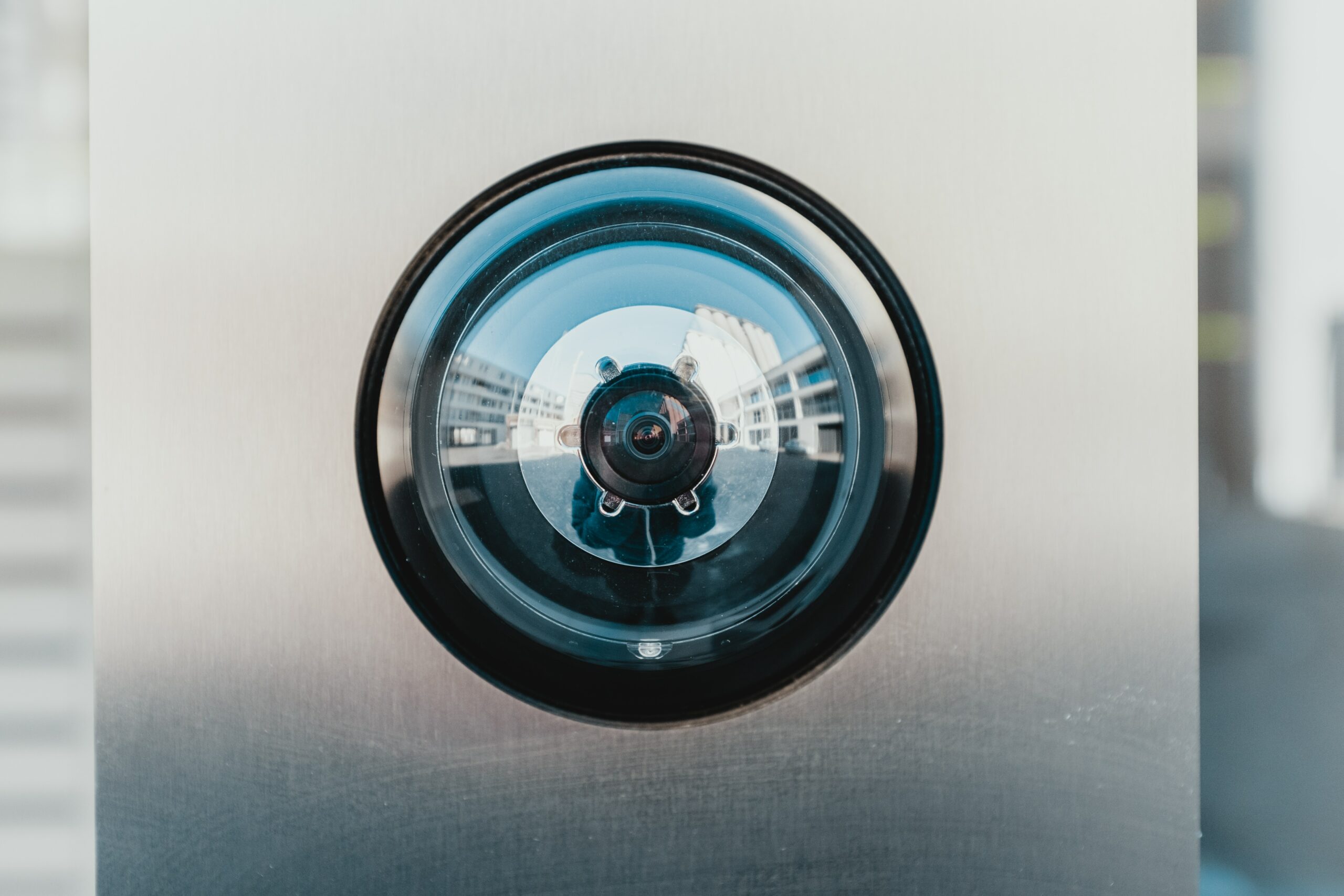As it should be, “revenge porn” — or more accurately, nonconsensual pornography — is illegal in almost every states and the District of Columbia. Many states also allow victims to sue to recover money damages (although recovering a money judgment can never truly make the victims whole or compensate for the emotional trauma that this crime causes). Nonconsensual pornography occurs when sexually explicit photos or video are published/distributed without consent. At one time, the typical case involved a spiteful ex-romantic partner posting graphic images online as “pay-back.” But, now, nonconsensual pornography cases have many possible origins including images and video taken with hidden cameras and/or images/video stolen or hacked from computers, phones and other devices. Even worse, nonconsensual pornography includes images and video taken by rapists engaged in sexual assaults.
There are many criminal and civil laws that apply. For example, Michigan has an anti-nonconsenual pornography statute that prohibits dissemination of “sexually explicit visual material” where the dissemination is:
- Made intentionally
- Without the victim’s consent
- With the intent to “threaten, coerce, or intimidate” the victim and
- When the victim is over eighteen, the victim is identifiable, the images were obtained “under circumstances in which a reasonable person would know or understand that the sexually explicit visual material was to remain private”
In Michigan, perpetrators can be punished with jail time and a $500 fine and repeat offenders can be imprisoned for up to a year and be required to pay $1,000 in fines.
Michigan was one of the first states to enact an anti-nonconsensual pornography law and its criminal punishments are relatively mild compared to other states. By contrast, in Illinois, nonconsensual pornography is classed with other serious sex crimes — Class 4 felonies — carrying a potential three-year prison sentence and a $25,000 fine. Illinois also makes it easier for prosecutors to prove the crime by eliminating any need to prove an intent to “threaten, coerce, or intimidate” the victim.
Note that nonconsensual pornography is a crime and punishable even if the images/video were taken with consent or taken by the victim. The crime is publishing or disseminating the images/video without consent. Some anti-nonconsensual pornagraphy statutes explicitly recognize this. For example, the Arkansas criminal statute explicitly states that consent to the creation of the images is “not a defense to prosecution.” See Ark. Code Ann. 5-26-314(b).
According to a 2019 survey published by Business Insider, 46 states and the District of Columbia had enacted specific anti-nonconsensual pornography criminal statutes. Just recently, in March 2021, Mississippi joined the list. See media report here. And, in the early months of 2021, both houses of the Wyoming legislature passed an anti-nonconsenual porngraphy statute that is likely to be reconciled and signed by the Wyoming governor. See here.
With respect to civil causes of action, victims of nonconsensual pornography have a priviate right of action under some statutes — like the Illinois version — and can often also sue for damages for claims like intentional inflication of emotional distress, invasion of privacy, false light/unauthorized use of likeness and more.
Contact Revision Legal
For more information or if you have been the victim of nonconsensual pornography, contact Revision Legal at 231-714-0100.
